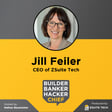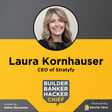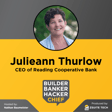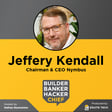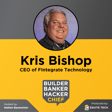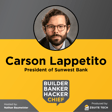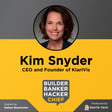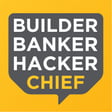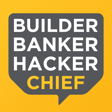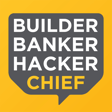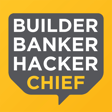
Hank Seale – Outworking the competition, partnership wisdom, and the source of true happiness. | Episode 19
Welcome to episode nineteen of Builder, Banker, Hacker, Chief! Joining me today is Hank Seale, Founder and CEO of Hapax.
On this show, I’m unpacking the stories, decisions, and influences that make people successful leaders.
As a young boy, Hank Seale fully expected that his destiny was to run the family’s cattle ranch, as generations of Seale men had done, going back before to the Spanish land grant. His only interest in banking came at the direction of his father, who taught Hank how vital it was for the ranch to have a relationship with the bank.
My name is Nathan Baumeister; I am the Co-founder and CEO of ZSuite Tech and the host of this podcast.
Although Hank never took over the family ranch, for reasons you’ll learn in this episode, he also never forgot the role of community banking in supporting local economies. Hank doesn’t present himself as a tech wizard, but he’s certainly a prophetic figure when it comes to banking technology.
His companies have been instrumental in two of the most significant shifts to happen to the banking industry: telephone banking and internet banking. As the leader of Q2 for nearly 20 years, Hank’s influence over how banks serve consumers cannot be overstated.
Today, his latest company, Hapax is poised to complete a hat-trick of transformations, using artificial intelligence.
With all of his success, and the challenges he’s overcome, including betrayal by his first business partner, Hank pulls from a deep well of leadership and life wisdom. Don’t let his humble, self-effacing manner fool you, Hank Seale is far more than meets the eye.
Resources:
Hank’s recommendations:
How to Win Friends and Influence People by Dale Carnegie
Connect:
